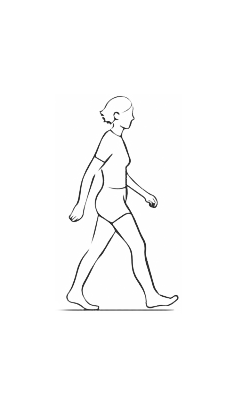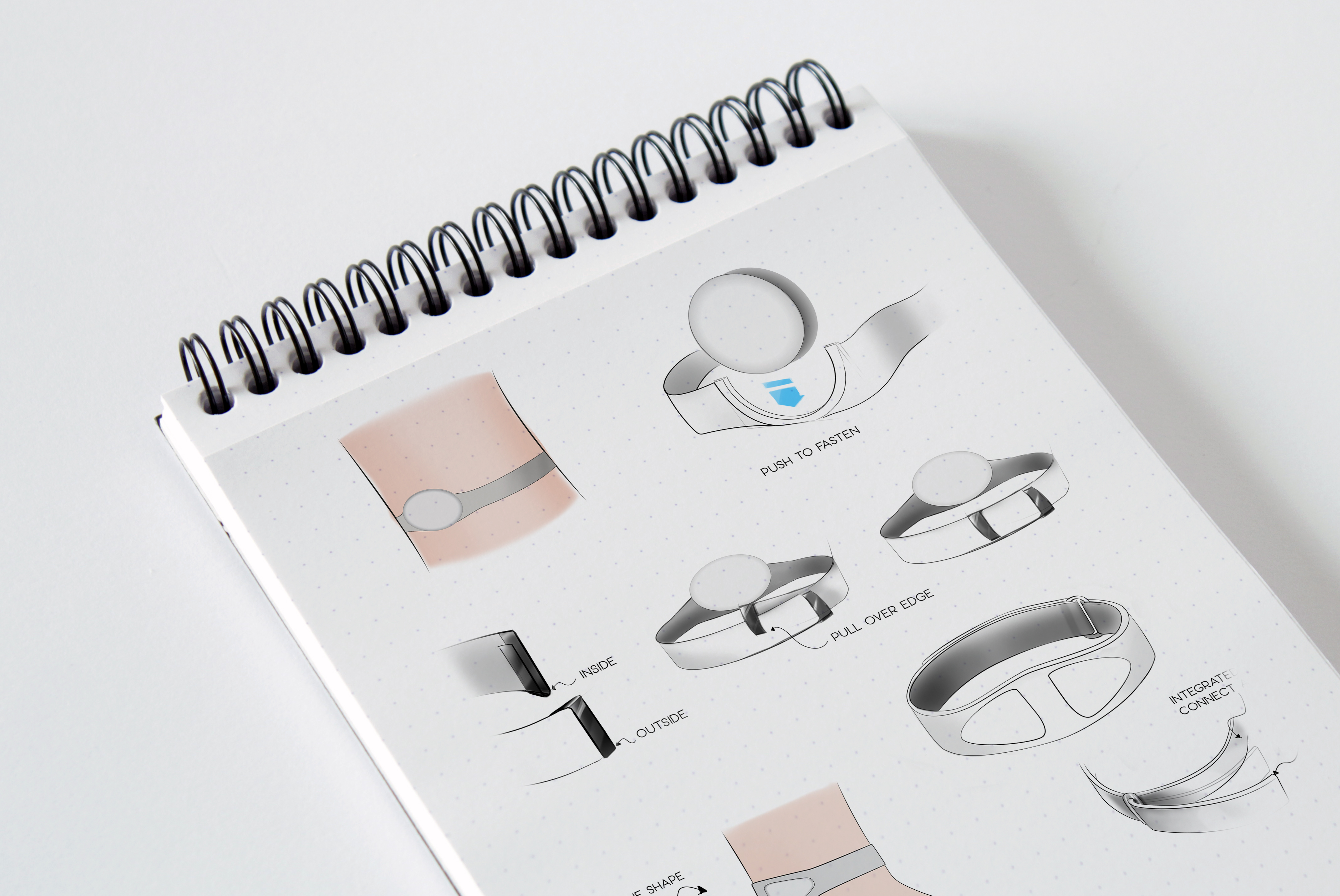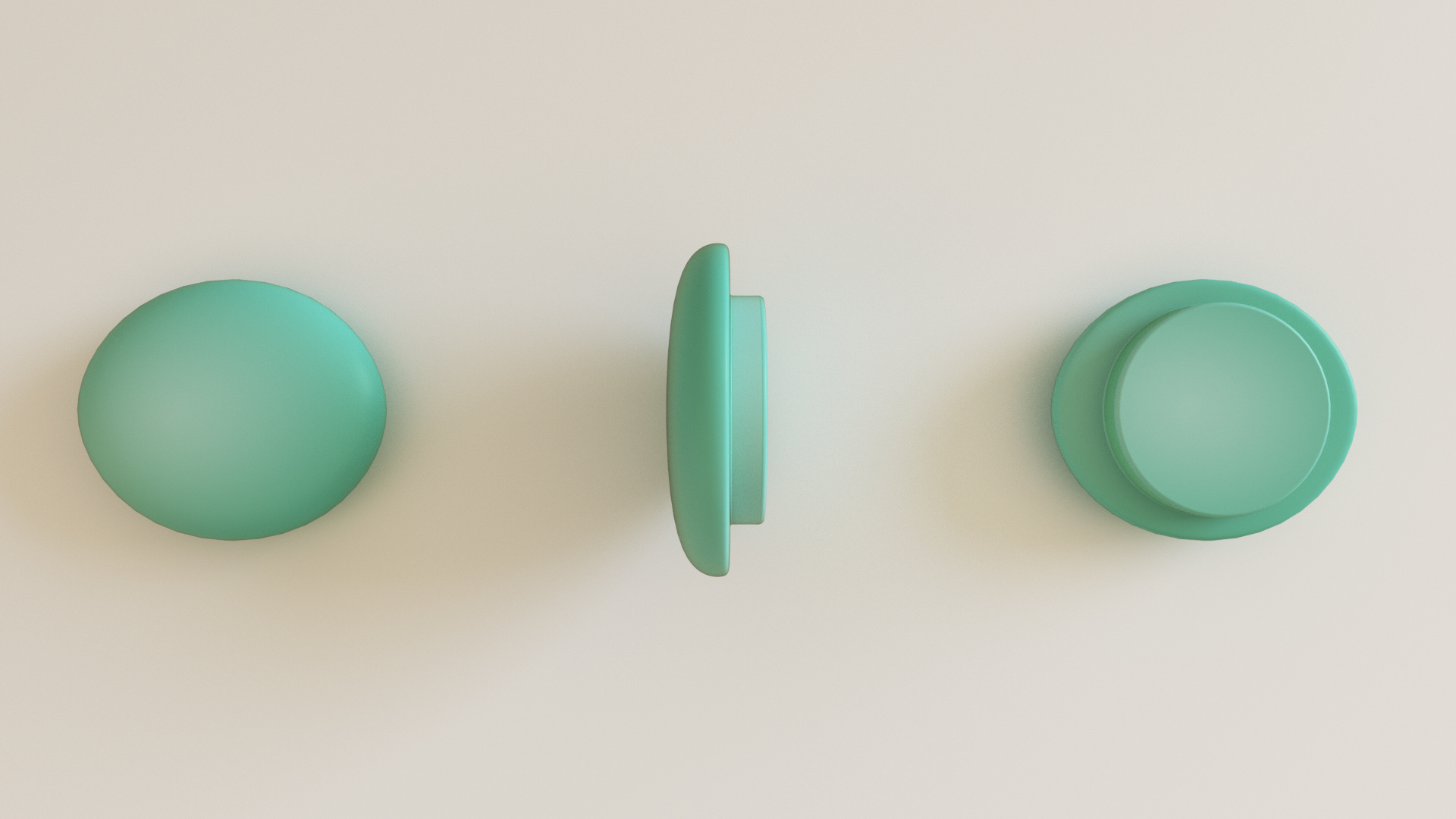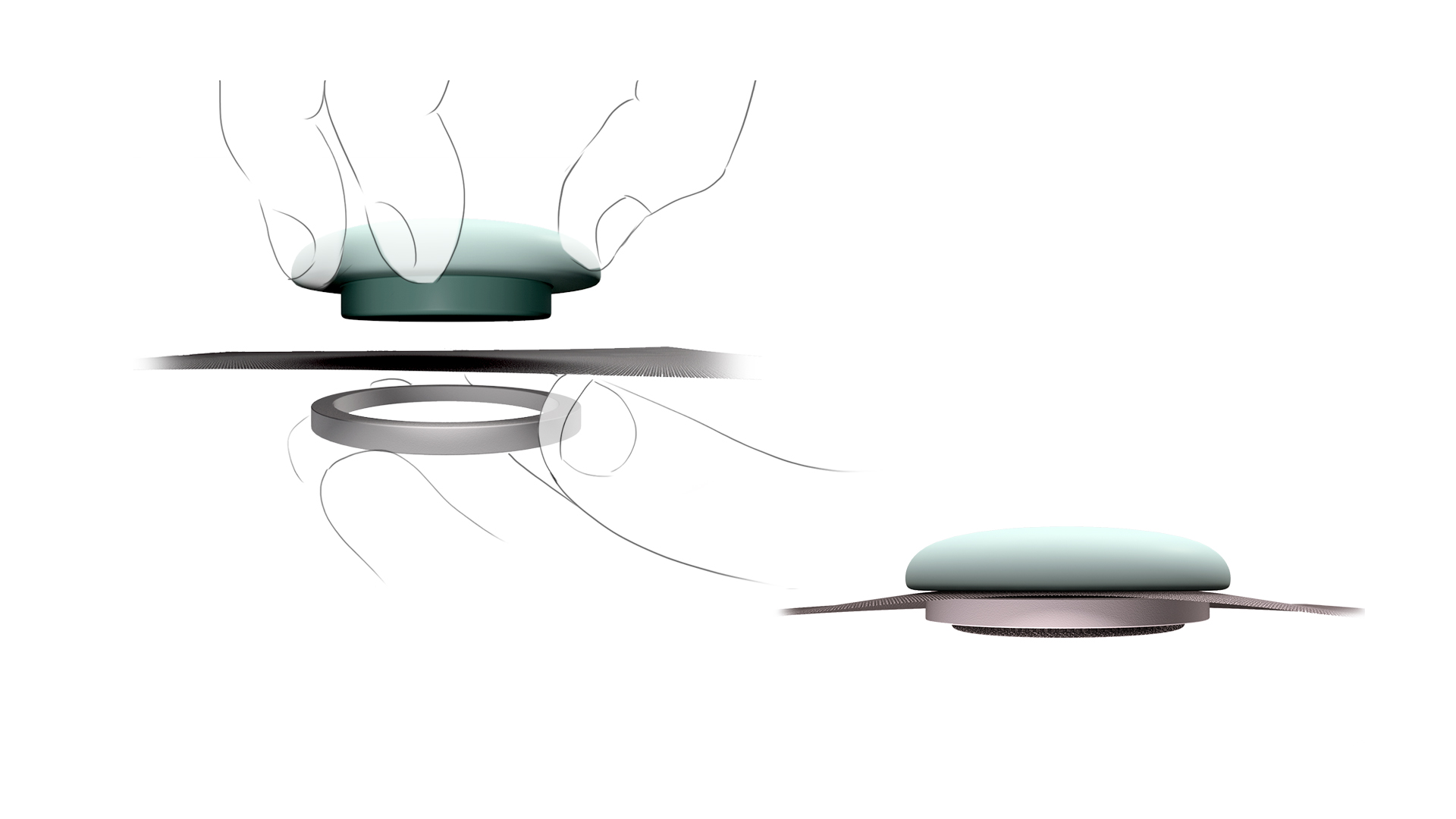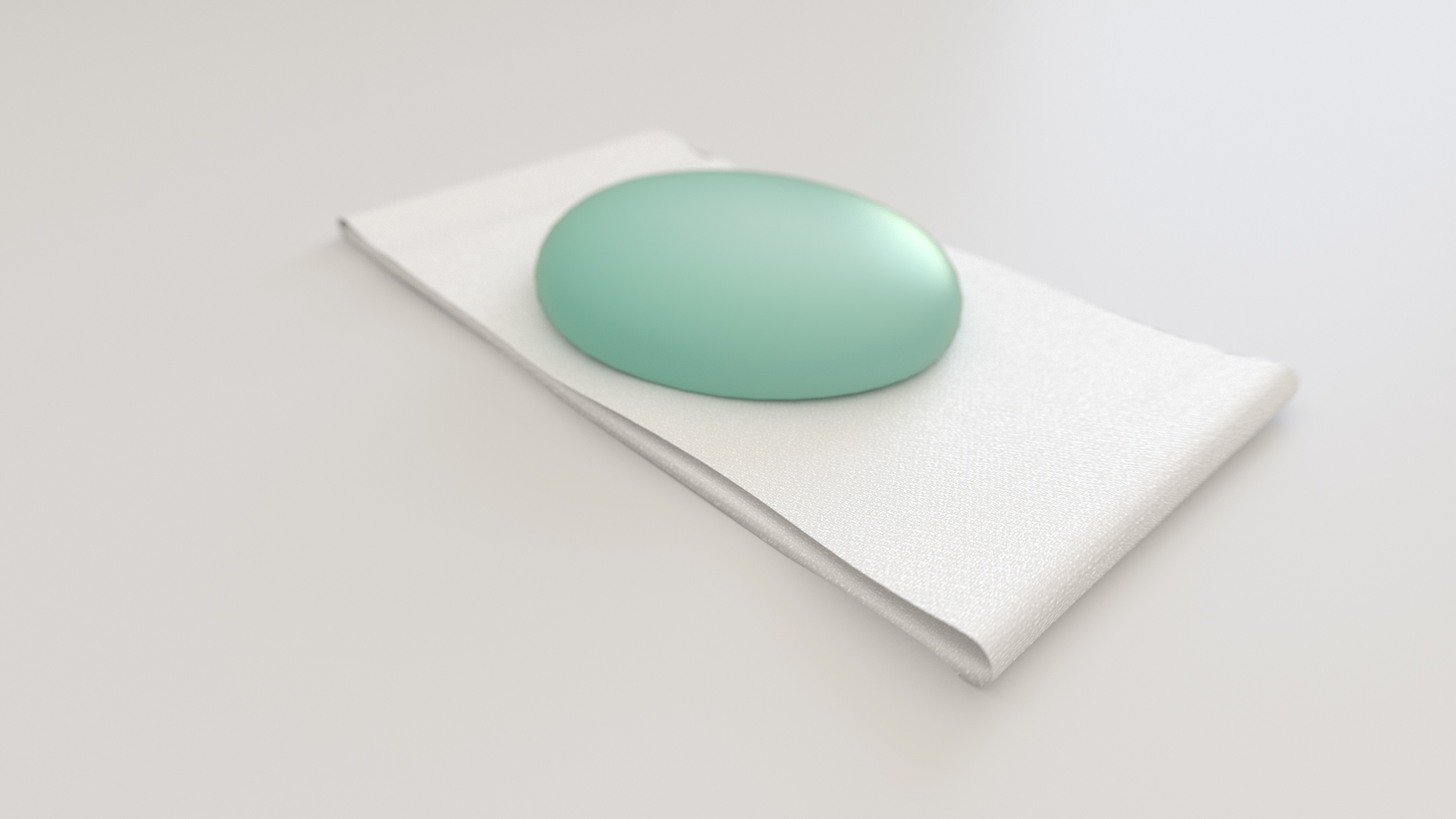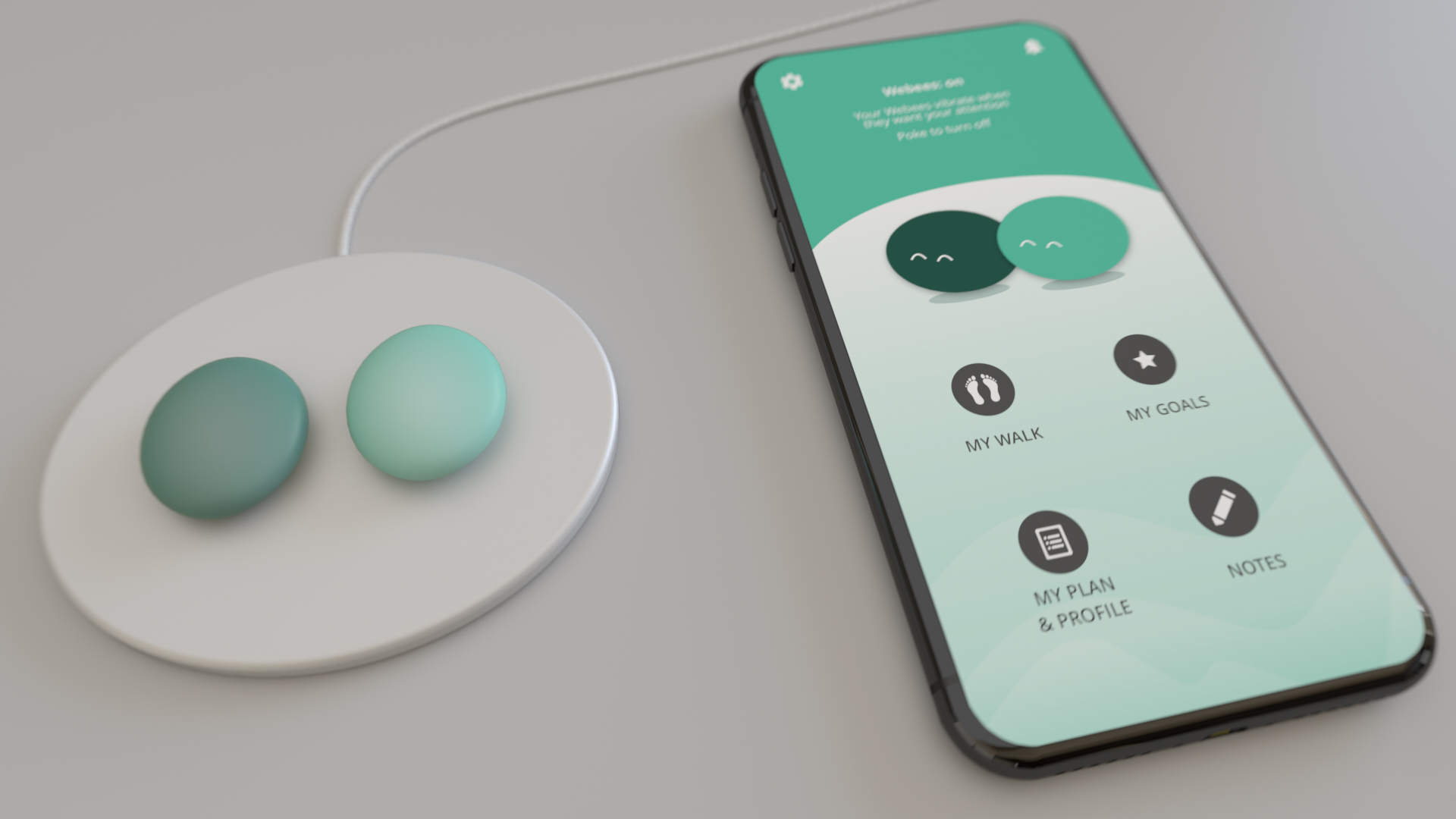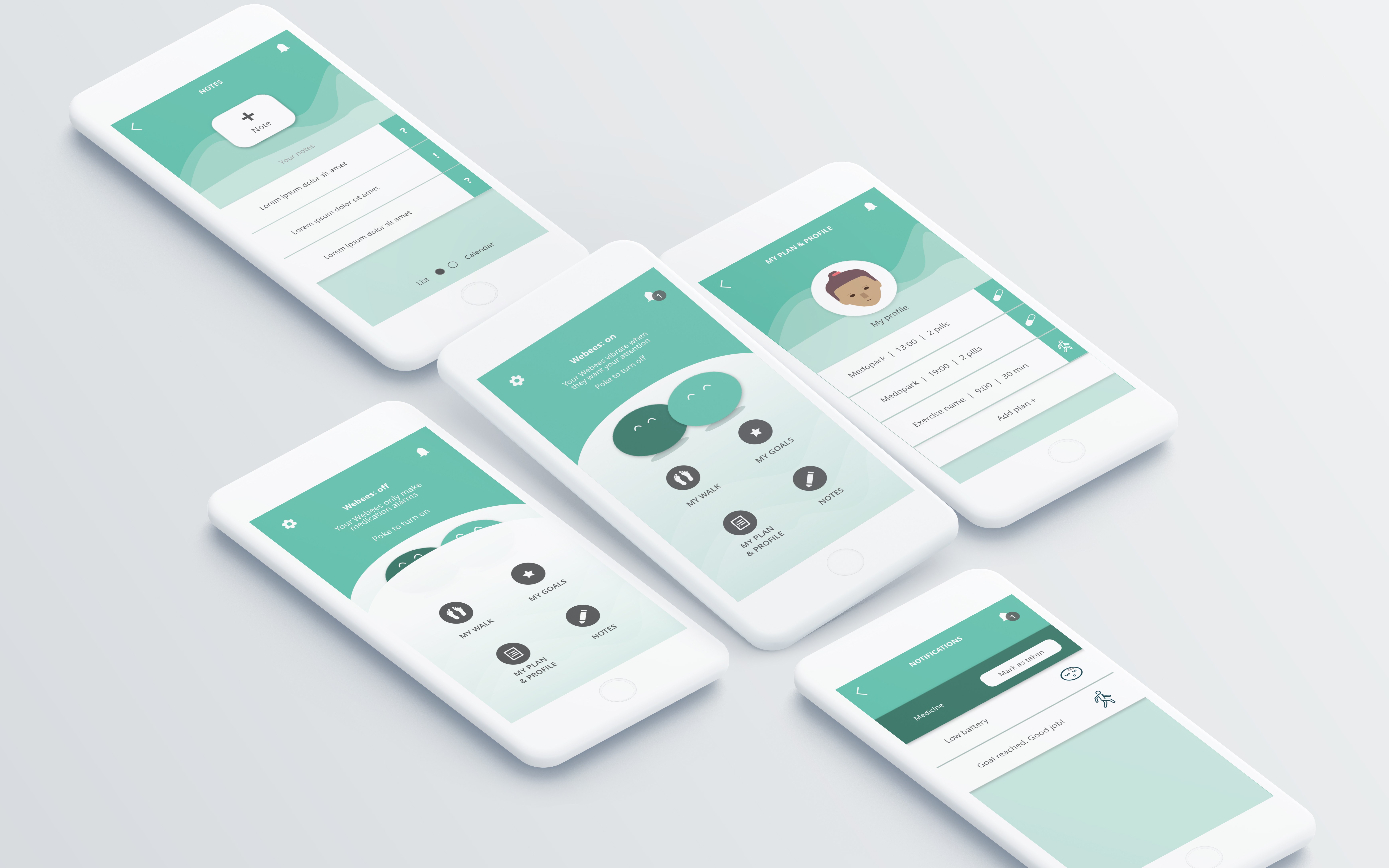A person’s gait is a very good health indicator which could potentially be analyzed in an everyday context by using wearable technology. This is especially interesting for people with neurodegenerative diseases such as Parkinsons, MS, ALS or Alzeimers since they are highly dependent on good medical assistanse.
The aim of this project was to design a device for day-to-day gait analysis that anyone could wear. The biggest challange was that data accuracy is way better if motion sensors are attached directly to the ankles compared to e.g. a sensor on the wrist. Therefore, we aimed at a product which feels more like a fun gadget and or a nice accessoar rather than a medical device.
